I don’t mean to be overly dramatic, but there are two things I’ve learned in the past few years that have literally changed my life. One is exposure and response prevention (ERP) therapy, because it dramatically reduced and in some cases eliminated my OCD obsessions and my need to do compulsions. The second is mindfulness, and specifically Mindfulness-Based Stress Reduction (MBSR), as described in Full Catastrophe Living, by Jon Kabat-Zinn, Ph.D.
In my Aha! Moment about The Emotional Life of Your Brain, by Richard Davidson, Ph.D., I explained that I have a Slow to Recover Resilience style, meaning that I am slow to recover from adversity. Davidson and Kabat-Zinn demonstrated through research that MBSR can help to change your resilience style by helping you become faster to recover. Full Catastrophe Living describes the MBSR program that Kabat-Zinn developed at the University of Massachusetts Medical Center and how to implement it in your own life.
OCD takes the “now” away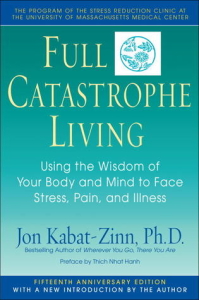
Before sharing how transformative this program has been for me, I’d like to go back to a previous Aha! Moment from The House of Velvet and Glass. In that post I discussed how OCD takes the “now” away. While OCD is not a fatal illness, it has the same effect as it takes your life away from you. OCD keeps you focused on the past and on the future, never allowing you to live in the present moment.
I have learned how to keep OCD at bay with exposure and response prevention (ERP) therapy, but because of my OCD I have never known how to live in the present moment. Even though I would consider myself to be “in recovery” from OCD, my brain is still wired to focus on the past and the future.
Mindfulness brings the now back
Mindfulness is defined in Full Catastrophe Living as “being awake in one’s own life” (p. 430), the very opposite of how OCD has programmed me to live. It’s moment to moment awareness without judgment, without trying to change anything. Just recognizing and accepting whatever is there, while is there. It’s using the breath as a guide, as a centering compass, to help you come back to your own wholeness, your own centeredness, as you are right now.
It’s non-doing
I have been following the MBSR program for awhile now, meditating for 30-45 minutes every day. One tenet of the program is that it is really “non-doing” and by participating in it, you are not trying to achieve anything, you are not trying to get anywhere or cause anything specific to happen. So even though I started the program to build my Resilience, I have tried to be mindful of the fact that I need to do the program for the sake of doing the program itself. That I am meditating because I want to have moment to moment awareness and acceptance of who I am right now, even if it includes physical pain, emotional pain, or any other emotion or sensation, positive or negative.
I have become more aware overall since doing the program, and in my new awareness I’ve come to realize that I am getting benefits that are significantly improving my life without trying to do so. In the spirit of sharing how transformative this program has been for me, I will outline a couple of the positive changes I have noticed:
- I am much less reactive to adversity, including to my OCD. OCD has a harder time getting me upset when it puts one of its provocative thoughts in my head. I can look at the thought and say, “That is just a thought. Isn’t it interesting how I can feel my heart rate beginning to increase as I think about that thought? I can feel the fight-or-flight response starting.” I have acknowledged the thought and accepted the thought. I have become aware of what that thought is doing to me emotionally and physically. I am not trying to change it, but the amazing thing is by becoming mindful of it, many times it just melts away and leaves no icky anxiety-filled hangover feeling in its wake.
- I am less stressed. I attribute the lower stress level to the fact that far fewer things are causing me stress in the first place because I am mindfully aware of them and how they are
 affecting me. I am finding that being less stressed is correlating positively with experiencing less OCD overall. This makes sense, as Dr. Grayson describes in Freedom from Obsessive-Compulsive Disorder, that if you always feel stressed when you have OCD episodes, that stress can be a trigger for the OCD in and of itself, because it’s the emotional backdrop onto which your OCD thrives.
affecting me. I am finding that being less stressed is correlating positively with experiencing less OCD overall. This makes sense, as Dr. Grayson describes in Freedom from Obsessive-Compulsive Disorder, that if you always feel stressed when you have OCD episodes, that stress can be a trigger for the OCD in and of itself, because it’s the emotional backdrop onto which your OCD thrives. - I am happier. If I go back to the Aha! Moment from The House of Velvet and Glass, it was “Only by being present can you be happy.” Maybe it’s a simple as that. That I am now in the now. And this doesn’t mean that the now is all good. But it’s as if I am aware of all the things in my life, good and bad, and can choose how to respond to them, instead of reacting to them and letting my emotions take me somewhere I didn’t want to go. Life has slowed down for me. I have moment to moment awareness of the now.
These changes are revolutionary for me. But I also try to be aware of my thoughts and feelings around these changes, as again, mindfulness is not about achieving anything. It’s a process. It’s about non-doing, about being awake in my life, whatever my life brings.

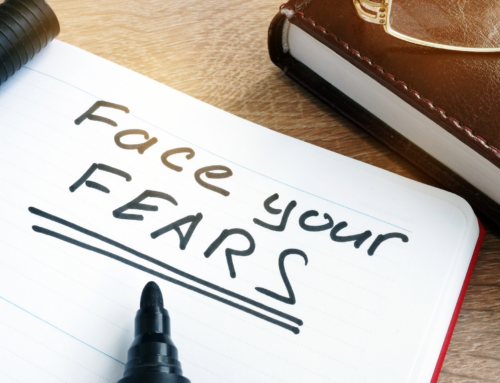
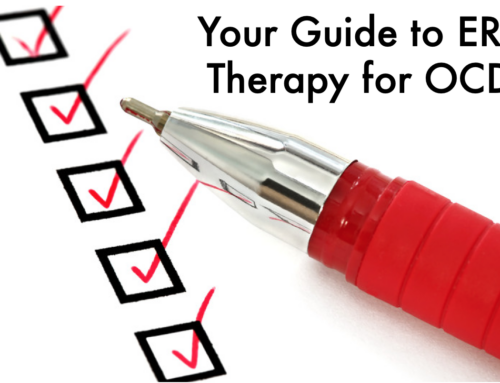
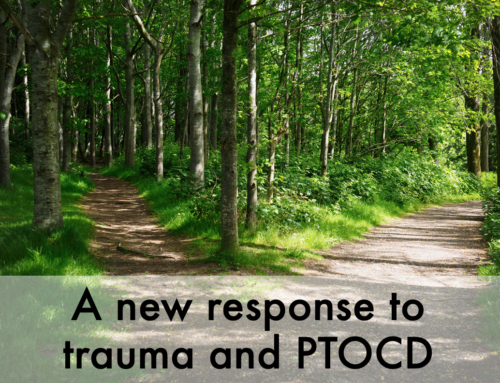
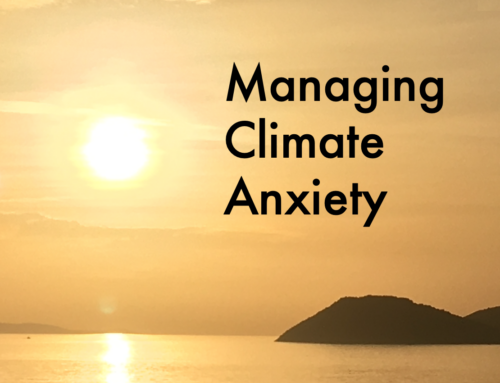

Leave A Comment